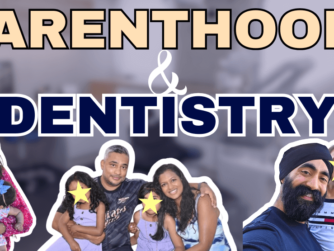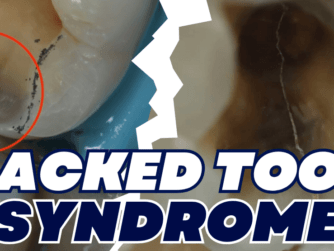Podcast: Play in new window | Download (Duration: 35:16 — 51.3MB)
Would a Treatment Co-ordinator really benefit your practice?
In the latest segment of our podcast, we had the delightful Emma, an expert treatment coordinator, share her experiences and guidance on the evolving role of a treatment coordinator in a dental practice.
Would this TCO model work in your practice? What are the challenges in starting this? Are there any drawbacks? Emma spills all the beans!
Need to Read it? Check out the Full Episode Transcript below!
Highlights of the episode:
00:00 Introduction
02:21 Emma’s Journey to TCO
5:46 TCO’s role in various practices
10:00 Advantages of a TCO consultation
14:13 Disadvantages of Treatment Co-Ordinators
18:20 Timings of Appointments
21:19 Patient consent processes
23:02 Profitability and practicality of TCOs
25:56 Introducing virtual treatment coordinators (VTC).
28:00 How to find a TCO
31:45 How to reach Emma
If you’re inspired to learn more, reaching out to Emma is a breeze. Connect with her through her Instagram page @em_thetco
If you liked this episode, you will also like Recommend Treatment Plans with Confidence – IC038
Did you know? You can get CPD from the Web App or Phone App and watch premium clinical videos, for less than a tax deductible Nando’s per month?







